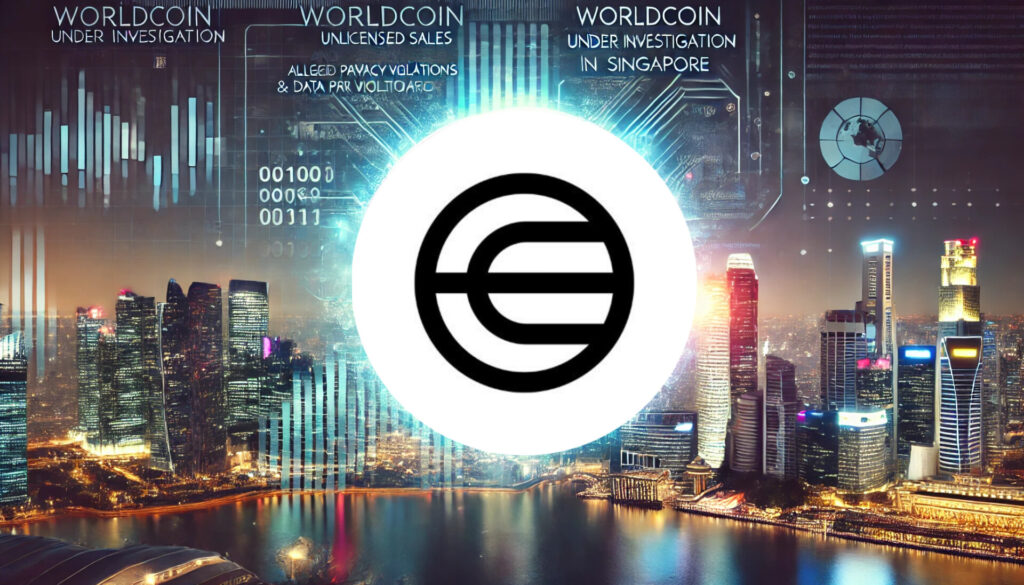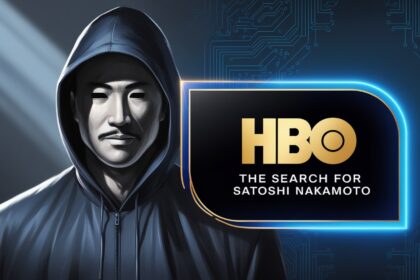
A new chapter in Worldcoin’s story has begun as Singapore’s regulators investigate the project’s underground activities. Authorities are looking into possible violations of local laws, including money laundering and terrorism financing, adding another layer of controversy to the project.
On September 9, 2024, Singapore’s Deputy Prime Minister and Chairman of the Monetary Authority of Singapore (MAS), Gan Kim Yong, revealed that a group of individuals is under investigation for unauthorized third-party sales and purchases of Worldcoin accounts and tokens. These transactions, if proven to be business activities, could violate Singapore’s Payment Services Act (PS Act) of 2019, which mandates proper licensing for entities engaged in payment services, including those dealing in digital tokens.
While Worldcoin itself is not performing any payment service under the current framework of the PS Act, the individuals involved in these transactions may have violated the law by facilitating unregulated sales. Gan Kim Yong emphasized that, “Based on information provided to MAS, Worldcoin does not perform a payment service under the PS Act. However, persons who buy or sell Worldcoin accounts and tokens as a business may be providing a payment service.”
This crackdown involves seven individuals, of whom five have been arrested. They are suspected of conducting unlicensed Worldcoin-related services, sparking concerns that these transactions might be exploited for money laundering or terrorism financing. The unregulated sale of Worldcoin accounts has raised alarms about the ease with which such accounts can be abused, especially without proper oversight.
Global Scrutiny of Worldcoin :
Worldcoin, founded by Sam Altman, CEO of OpenAI, has been under scrutiny worldwide due to its goal of establishing a global digital identity system using biometric data called ORB verification. The project employs iris scans to create unique digital identities, promising privacy through cryptographic methods such as zero-knowledge proofs (ZKPs). However, the project’s data collection practices have been questioned, leading to regulatory concerns in several countries.
Since its launch in 2023, countries like India, Kenya, Brazil, and South Korea have suspended or investigated Worldcoin’s activities over potential violations of data protection laws. Spain was the first to ban Worldcoin’s biometric data collection in March 2023, citing violations of the General Data Protection Regulation (GDPR). Despite these issues, Worldcoin reached over 10 million users by mid-2023.
Singapore’s Response and Data Privacy Concerns :
Singapore has taken a proactive approach to address the potential risks posed by Worldcoin. In August 2024, Singaporean police issued an advisory warning citizens not to sell or transfer their Worldcoin accounts. Authorities cautioned that these accounts could be misused for criminal activities such as money laundering or terrorism financing. The advisory highlighted that selling or transferring a World ID—Worldcoin’s digital identity system based on biometric data—could lead to misuse by third parties, jeopardizing individuals’ privacy.
The use of biometric data has added another layer of complexity. Under Singapore’s Personal Data Protection Act (PDPA), strict rules govern how personal data, including biometric data, must be collected, stored, and safeguarded. Gan Kim Yong reiterated the importance of following these regulations to ensure data is not exploited.
Growing Global Demand for the Orb :
Despite the scrutiny and regulatory challenges, demand for the Orb—the device that scans users’ irises to create World IDs—continues to grow in many countries. Worldcoin has garnered a large user base, and people are eagerly waiting to register, hoping to access its promised benefits. From Latin America to Southeast Asia, many users believe that the Orb’s biometric system will offer a seamless and secure solution for global digital identity verification.
Worldcoin’s developers continue to promote the zero-knowledge proofs (ZKPs) it uses as a way to balance privacy with identity verification, giving users confidence in their ability to control their own data.
Challenges Beyond Singapore :
As Singapore intensifies its investigation into unlicensed sales of Worldcoin accounts, the project faces increasing pressure from global regulators. With concerns ranging from data privacy to financial crimes, Worldcoin’s vision of a global digital identity system continues to draw scrutiny.
So far, there has been no clear response from Worldcoin’s officials, adding to the controversy surrounding the project. Yet, the growing demand for the Orb in many countries indicates that the project’s potential to revolutionize identity verification and financial access remains strong. Even as regulatory challenges persist, people around the world are eagerly awaiting the opportunity to integrate into this cutting-edge technology, hoping it will deliver on its promises of a more inclusive and secure digital future.








